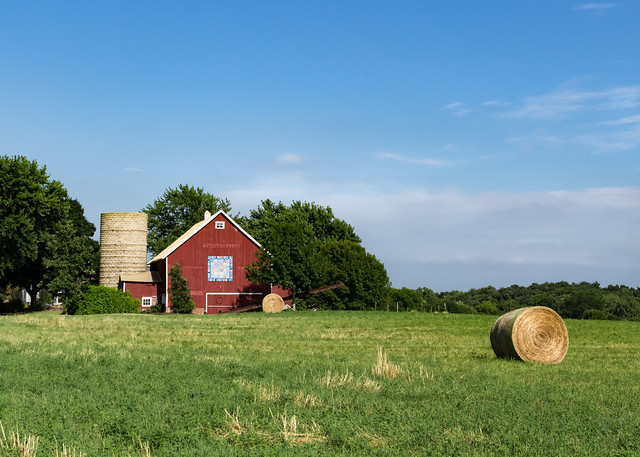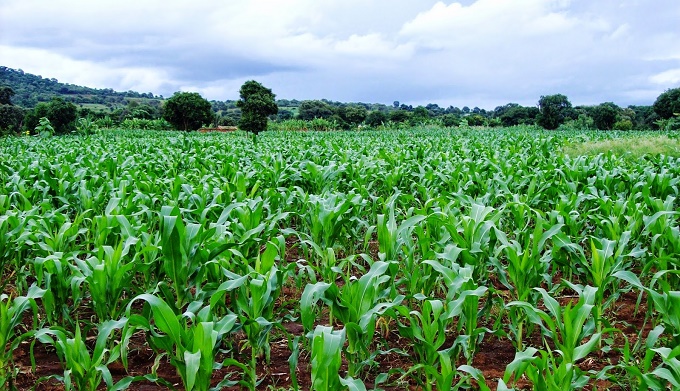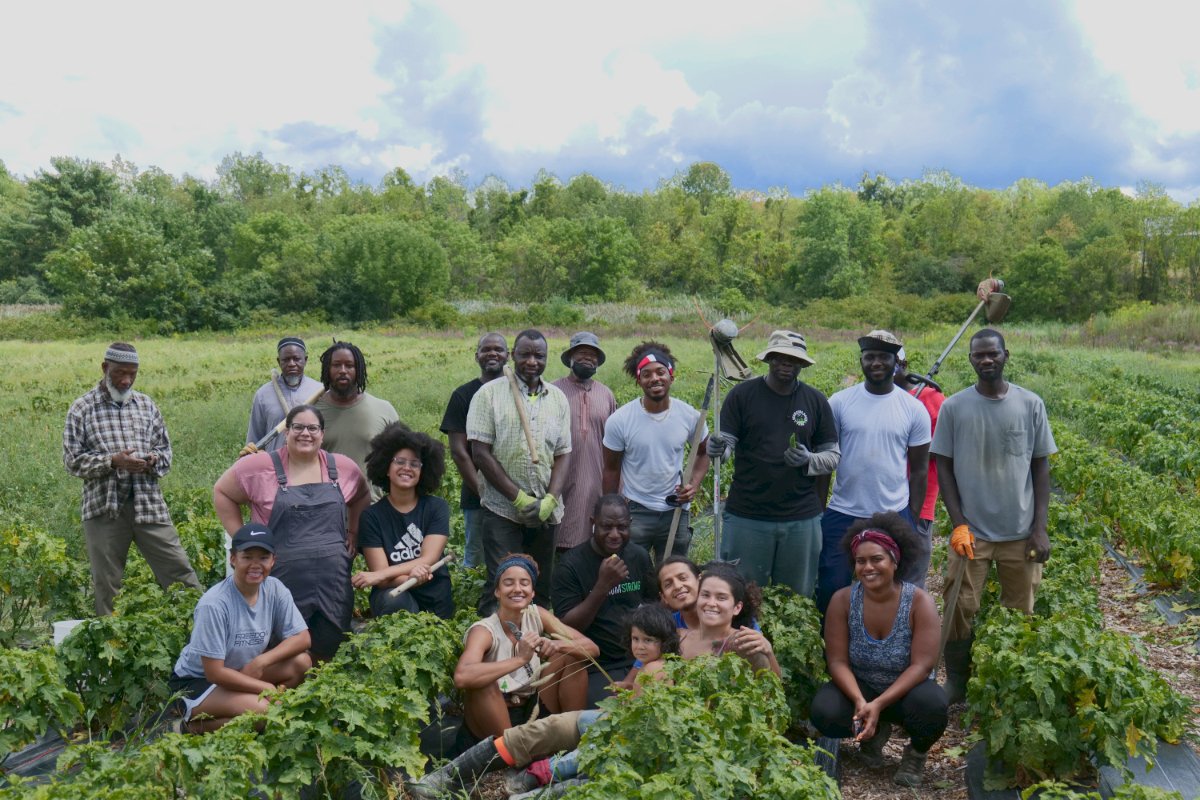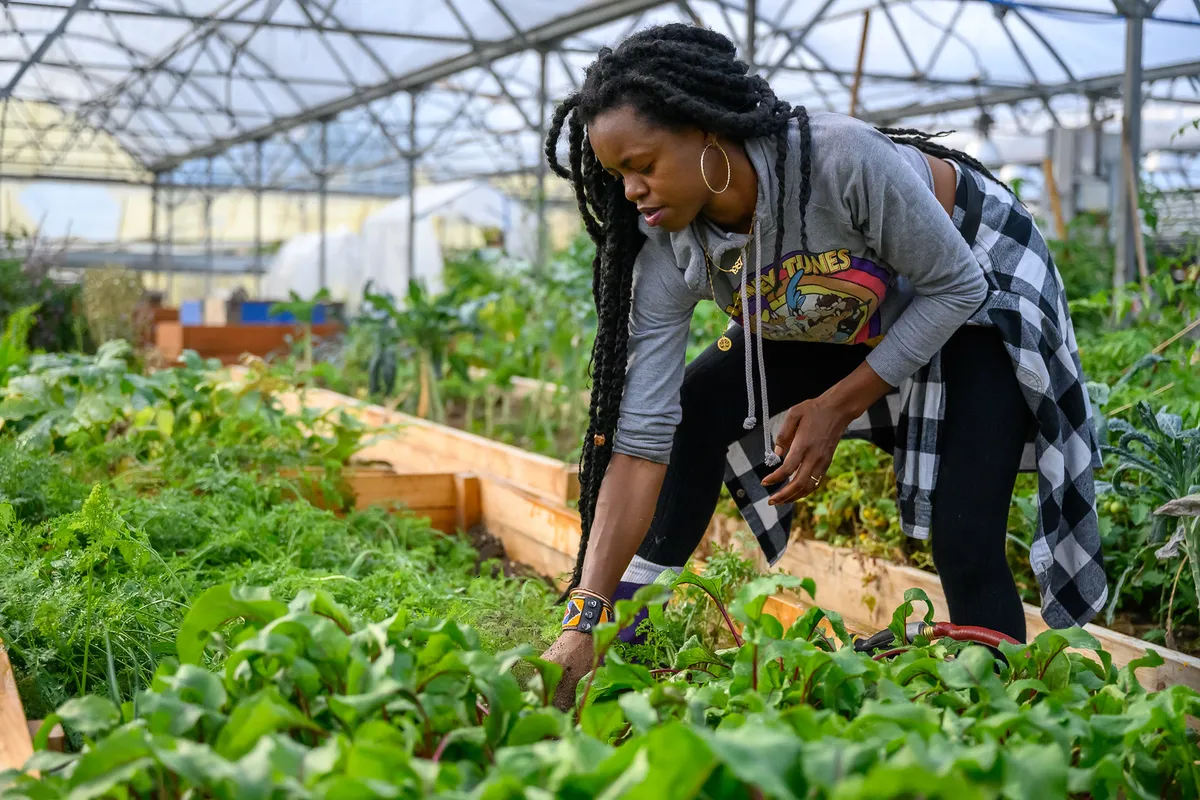AGRO VILLAGE

To have a minimum of 1 Agro Village in 1,000 local government areas across Africa by 2030.
What is our AGRO VILLAGE about?

For example, Nigeria has 774 local government areas (LGAs). Imagine if each LGA owns and manages a communal farm – where residents from that community can contribute labour (or funds) to cultivate crops and reap the harvest.

Through strategic partnerships with the government via the local government council representatives, we aim to make use of community lands in different communities to start up farms whose produce is shared within the community through a Food Bank or used to start up a community kitchen that provides food for pupils/students in government-owned institutions, hospitals, and the elderly.
In Sub-Saharan Africa, at least 70% of the population lives in rural communities. Through communal farming, we can take advantage of this to end hunger.
Our AGRO VILLAGE Model

Communal Farming:
A Collaborative Approach to Agriculture
Communal or collective farming involves multiple farmers managing their farms as a joint enterprise. This model can vary widely, from partnerships that exchange products and create new goods to developing a central hub for selling produce or working on each other’s farms and sharing profits equally.
Benefits of Communal Farming
- Healthy Local Economies: By pooling resources and efforts, communal farming supports local economies.
- Environmental Solutions: Sustainable farming practices are often more achievable through collective efforts.
- Local Food Security: A communal approach can ensure a steady supply of local food.
- Market Stability: Cooperative selling can lead to more stable market prices.
- Social Capital and Community Amenities: Strengthened community ties and shared resources enhance social capital.
- Sense of Community: Working together fosters a strong sense of community.

Community Supported Agriculture (CSA)
The most popular model for communal farming is Community Supported Agriculture (CSA). In a CSA, farmers collaborate to sell and market their products directly to consumers. Customers pay an annual fee, providing farmers with seed money at the beginning of the season. In return, they receive regular baskets of fresh, seasonal produce.

Intentional Farming Communities
Intentional Farming Communities are formed through official agreements among farmers to work together and practice sustainable agriculture. These communities often share profits to help each other grow their businesses, spending funds democratically to benefit all members. While some of these communities may have religious or philosophical foundations, most focus on sustainability and collaboration.
Communal farming, whether through CSA models or Intentional Farming Communities, can be a powerful way to promote sustainable agriculture and strengthen local economies. However, it requires careful planning and cooperation among all involved parties to be successful.
